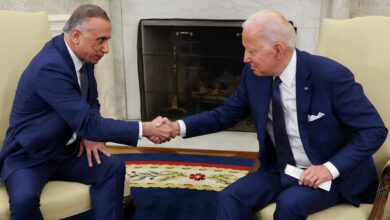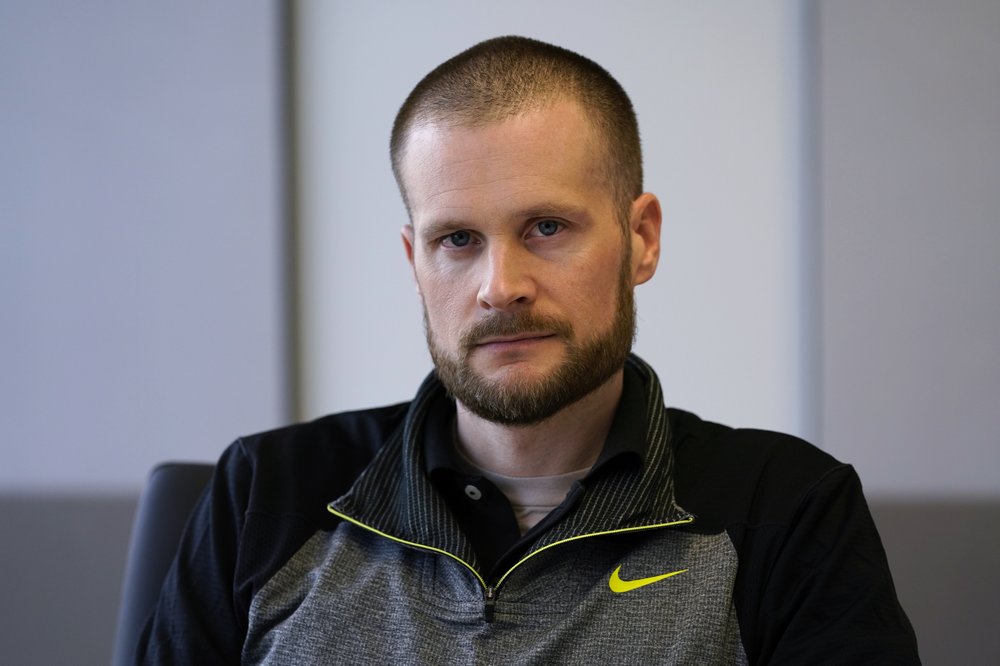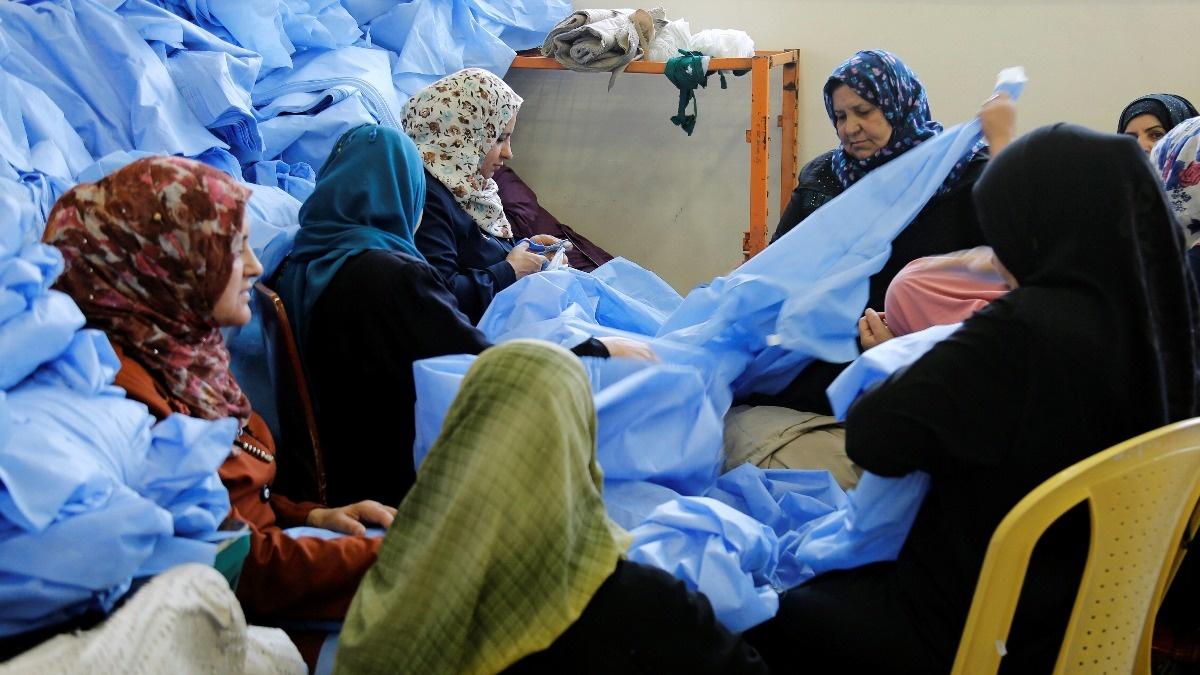“WikiLeaks” appears to have roused some members of the US military from their lethargy after a video showing the 2007 killing of two Reuters journalists and several unarmed bystanders in Iraq was released on its website earlier this month. One day before, former US army specialists Josh Stieber and Ethan McCord sent a letter of apology to the Iraqi people.
“We are both soldiers who occupied your neighborhood for 14 months. Ethan McCord pulled your daughter and son from the van, and when doing so, saw the faces of his own children back home,” read the letter. “Josh Stieber was in the same company but was not there that day, though he contributed to your pain, and the pain of your community on many other occasions.”
The grainy and previously classified video, filmed from inside a US helicopter and leaked by sources within the US military, was decrypted and published by the whistle-blowing website–years after Reuters had tried to obtain it through a number of freedom-of-information requests.
So far, WikiLeaks management has not revealed how it got its hands on the video. The website is protected by Swedish law, which guarantees that the website–as a form of digital media–can maintain the anonymity of its sources.
The helicopter attack was vicious and–as many have commented–unprovoked, making the video a particularly explosive piece of evidence against the US military. It shows helicopters firing on several men, one of whom had a rifle slung over his shoulder. The long-lens camera held by one of the reporters was allegedly mistaken for an RPG launcher.
“Come on! let us shoot!” one of the US soldiers can be heard saying to his superiors. When the shooting was over and the dust settled, one of them can be heard exclaiming, “Look at those dead bastards!”
“We acknowledge our part in the deaths and injuries of your loved ones as we tell Americans what we were trained to do and what we carried out in the name of ‘god and country’,” the letter sent this week said. It went on to beseech the Iraqi people to accept the US soldier’s “apology, our sorrow, our care and our dedication to change from the inside out.”
The letter carries the signatures of 2320 other US servicemen. It comes amid statements from cynics and media spinners who, in lopsided coverage of the incident or in biased reports, have suggested that the release of the video was “irresponsible” or even “malicious.” On CNN, one news presenter asked WikiLeaks’ editor what the benefit was of releasing such “graphic” material.
WikiLeaks, also known as Sunshine Press, is a non-profit website “funded by human rights campaigners, investigative journalists, technologists and the general public,” according to its official website. Its spokesman, Daniel Schmitt, told the Committee to Protect Journalists that the site provided a “secure online submission system for whisteblowers to upload documents, which WikiLeaks makes available globally over the net.”
He added that the site welcomes “classified, censored or otherwise restricted material of political, diplomatic or ethical significance.”
The website has previously landed in legal trouble as a result of leaked documents. According to the website, it is currently “fighting off over 100 legal attacks.”
WikiLeaks has an annual budget of around US$600,000, and, according to its owners, it has raised just over half that amount this year. The shortfall, they say, has caused them to withhold “thousands of pages from corrupt banks, the US detainee system, the Iraq War, China and the UN.”




